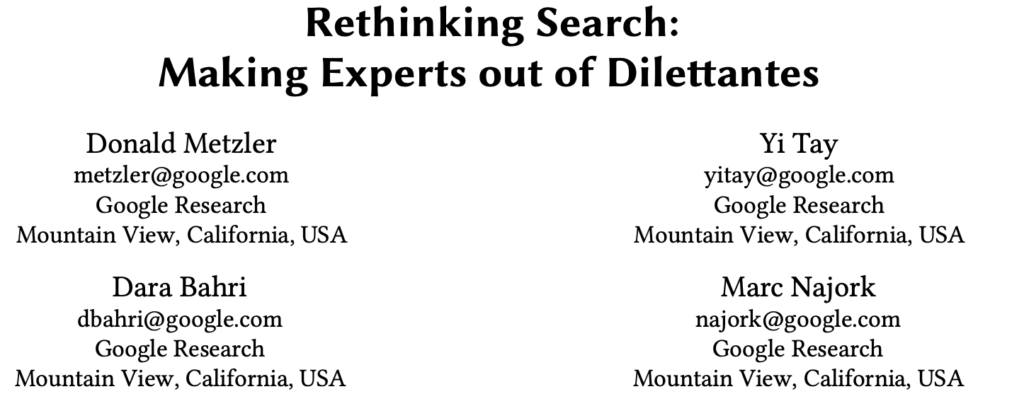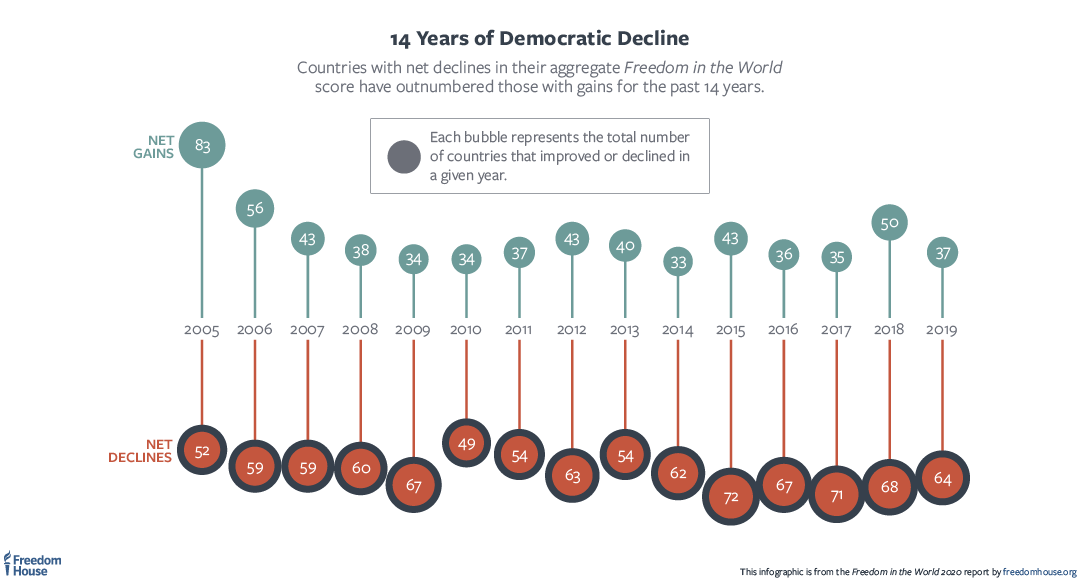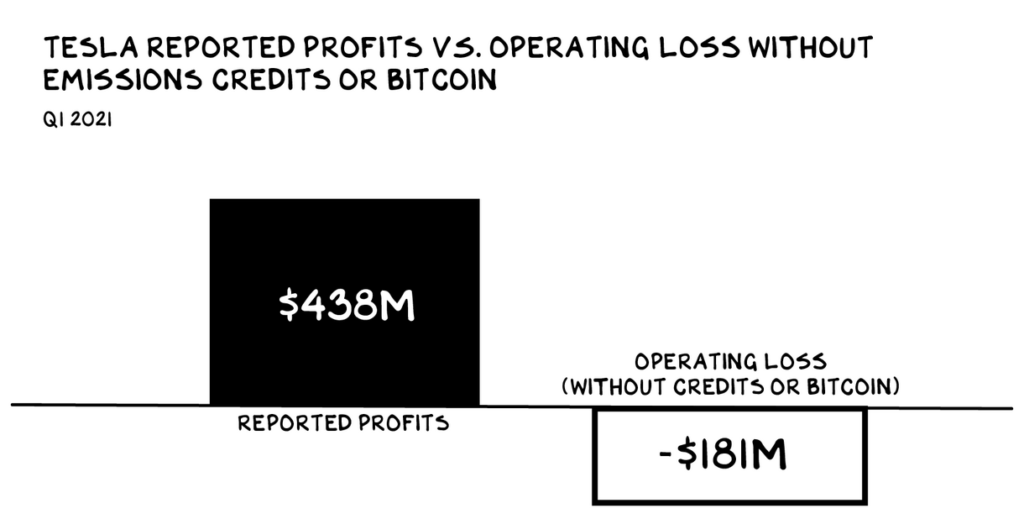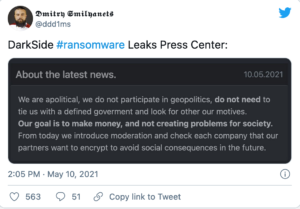Covent Garden in Ye Olde (i.e.pre-pandemic) Days
Quote of the Day
”Marketing genius with a car company attached.”
- Benedict Evans on Elon Musk
Musical alternative to the morning’s radio news
John Williams Guitar J S Bach Prelude from Lute Suite No. 4 in E Major
Long Read of the Day
The Lithium Gold Rush Inside the Race to Power Electric Vehicles
EVs are ‘greener’ than internal-combustion engines, if you only count emissions (although even there it depends on how the electricity to recharge their batteries is made). But extracting the materials — like lithium — needed to make the batteries is a process fraught with environmental damage and injustice to indigenous peoples. There’s no such thing as a free lunch in relation to our biosphere, as this interesting (and imaginatively presented) NYT essay confirms.
Grift as a modern art form
I got some interesting pushback for my rant last week about Elon Musk, whom I regard as a flake of Cadbury proportions. Broadly speaking, my correspondents (mostly geeks, I’d say), admire him as an inspired innovator, a quality for which they are disposed to forgive or overlook his lunacies.
Can Duruk takes a very different view on his blog. For him, Musk is simply a grifter.
There are a couple of qualities that are common to all modern grifts. First of all, most of these grifts are enabled by a high-profile media personality who is good at content. Second, the grifts have to straddle a fine line where they are shamelessly unethical, but always one plausible deniability away from being extremely illegal. The third and the most important quality is that the main perpetrator of the grift has to be wildly shameless about their actions.
A true modern grift is not run behind closed doors. Instead, you do it fully out in the open, screaming about it from the mountaintops. While greed is about focus, grift is about shamelessness. With greed, the game is to find the path between the rules with the most profit. Grift, on the other hand, ignores the rules altogether, armed with the knowledge that with shamelessness comes zero social costs, and with absent enforcement, no real legal risk.
He first of all examines the strange phenomenon of Steve Bannon selling pharmaceuticals on his website. Just like Alex Jones had been doing for several decades.
Next up: the Tesla/SpaceX boss.
If you want to see someone who is both shameless and extremely high profile running an extremely profitable grift, luckily, you don’t have to look much farther than the top of the Richest People in the World list. I have long tried to never mention crypto on Margins but since that seal was broken a while ago, I do have to bring up Elon Musk and his Bitcoin / Dogecoin thing here. And seriously, I am convinced the world will never see a bigger, more shameless grift than this one ever again.
Let’s just briefly go over what happened here: Elon Musk decided, probably after confusing his indica for a sativa, that Tesla, the regulatory credit company that also makes cars for the Chinese market, will be accepting Bitcoin as payments, but also, btw, Tesla now holds a couple billion dollars in Bitcoin. This single piece of news coming from a single person unsurprisingly sent the extremely-decentralized, authoritarianism-busting cryptocurrency that’s mined primarily in China using fossil fuels to the moon.
And of course, just a few short weeks later, Tesla offloaded some of those said Bitcoins for a healthy profit, to the tune of 1/7 of their operating profits to be exact. But since we are, as Musk once proclaimed, all living in a stupid simulation and Elon finally realized it’s sativa that’s actually the good stuff, he decided that Bitcoin is bad actually with a tweet, and something something decentralized and Bitcoin lost 20 percent of its value.
Duruk sees the Bitcoin wheeze as a ‘pump and dump’ operation. Which of course is effectively what it was.
Footnote: Grift: noun. Money made dishonestly; a swindle or confidence game.
Another, hopefully interesting, link
- David Hockney goes through his daily notebooks Link
He draws like the rest of us breathe. Wonderful.












